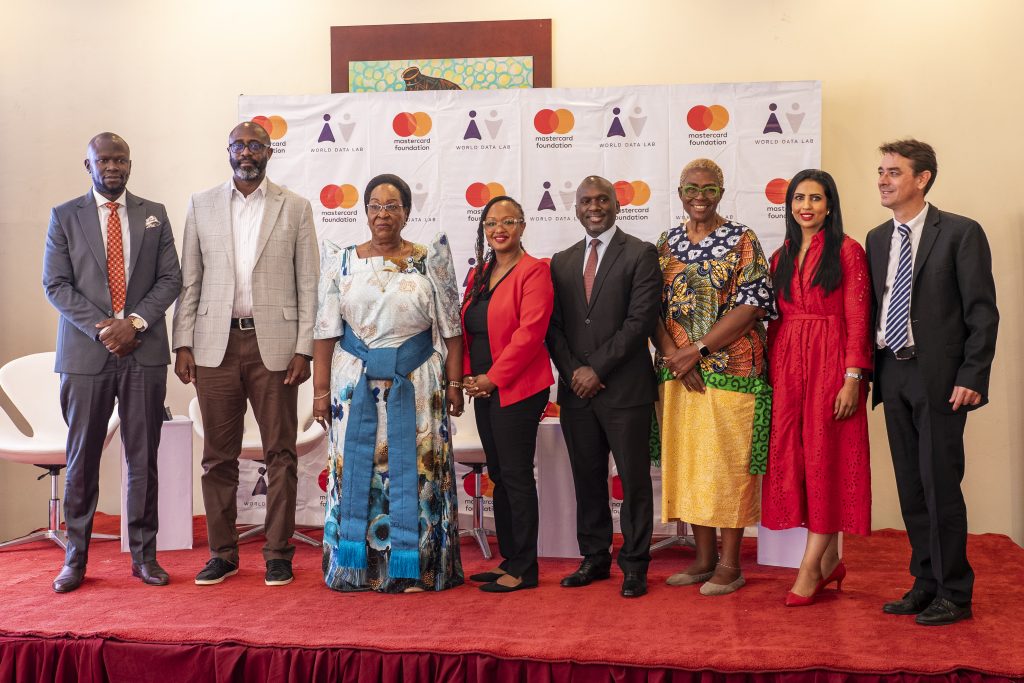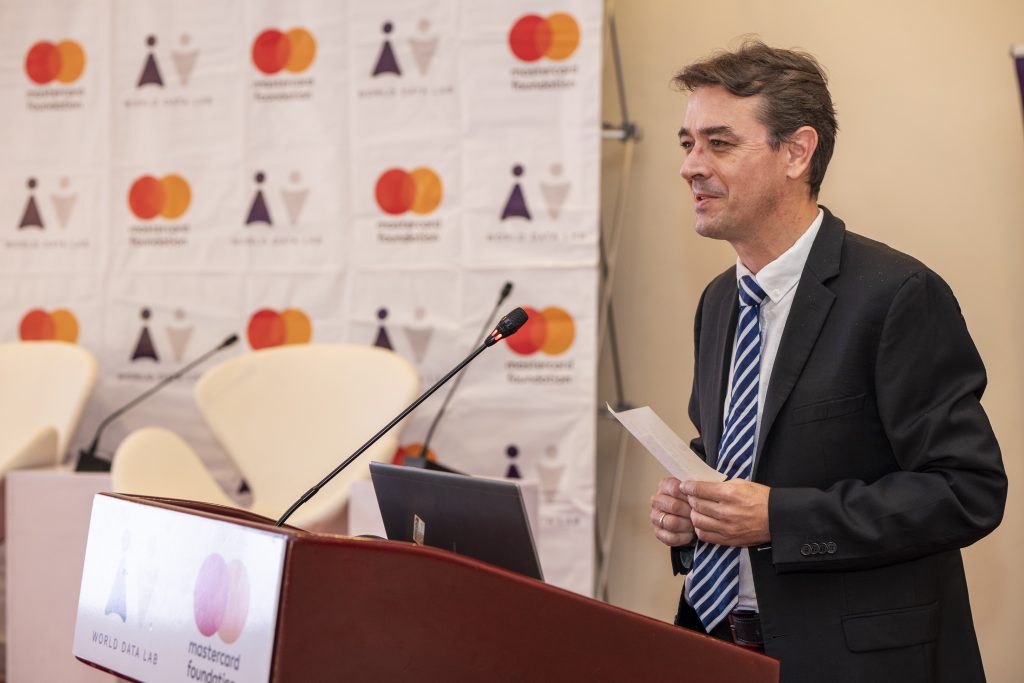World Data Lab (WDL), in partnership with the Mastercard Foundation, is pleased to announce the Uganda launch of the Africa Youth Employment Clock on November 7, 2024.

According to WDL projections, Africa will experience its highest-ever youth population growth in this decade (2021–2030), with the population projected to increase by almost 100 million between 2023 and 2030. Enabling young people in Africa to access dignified and fulfilling work is more important than ever and a collective, renewed impetus underpinned by credible data is needed to achieve this.




